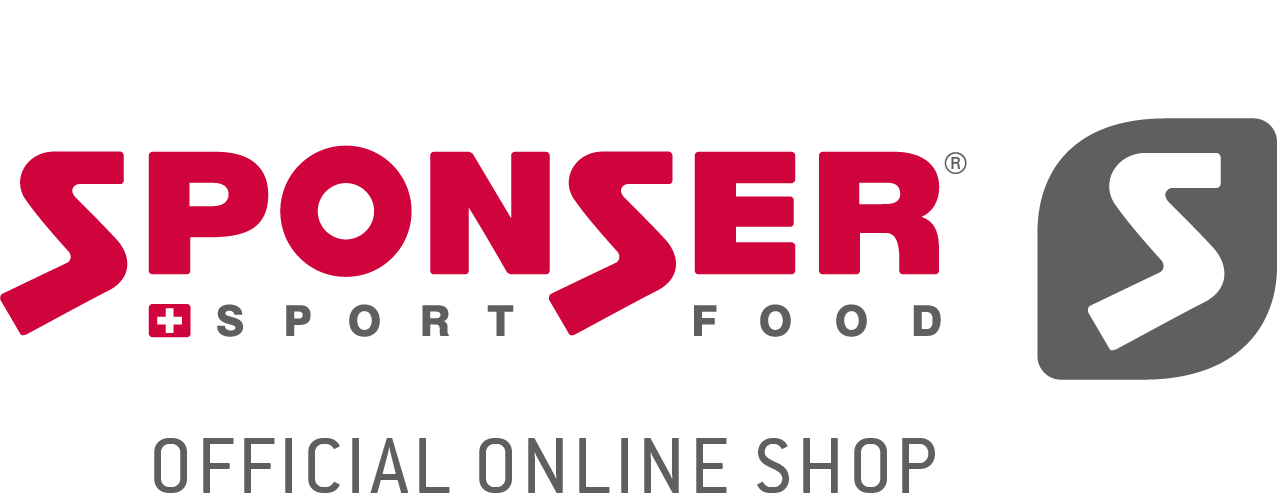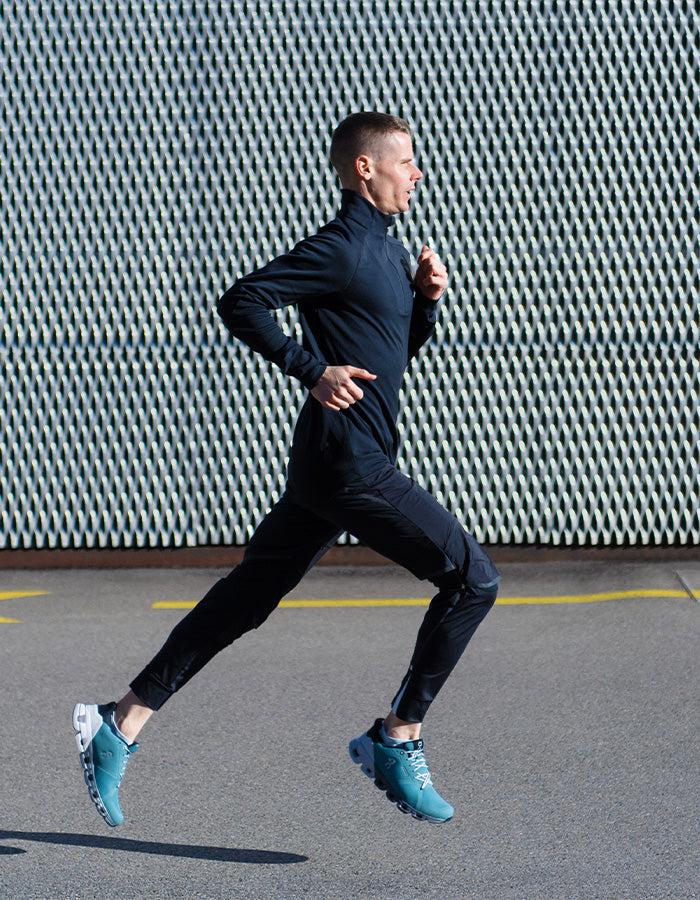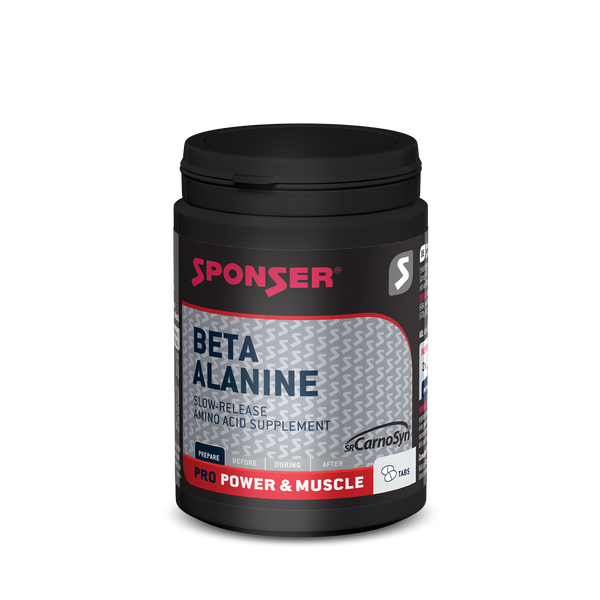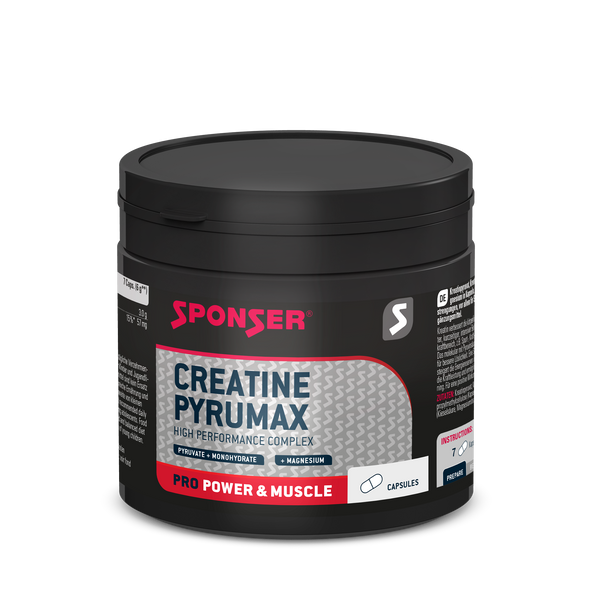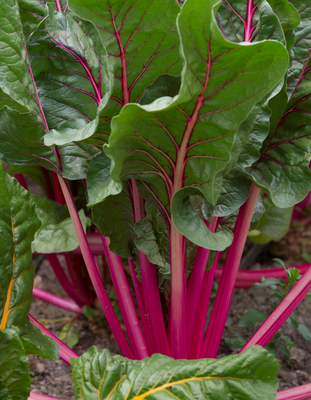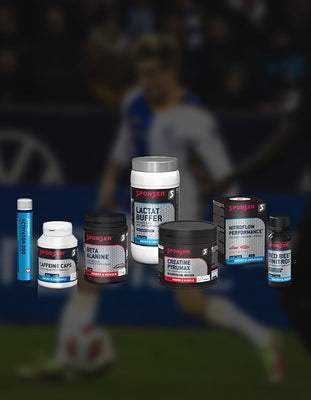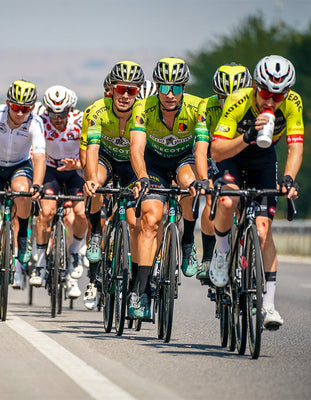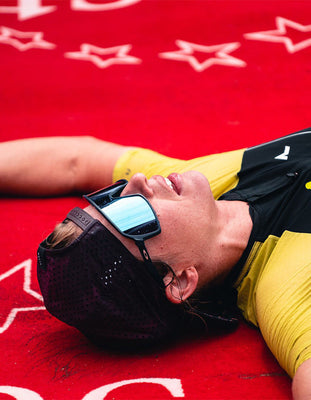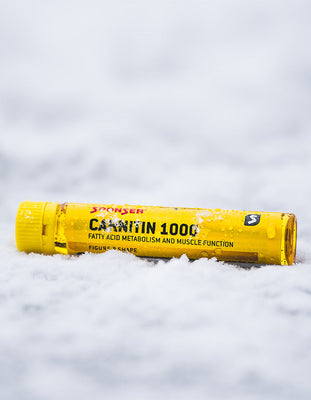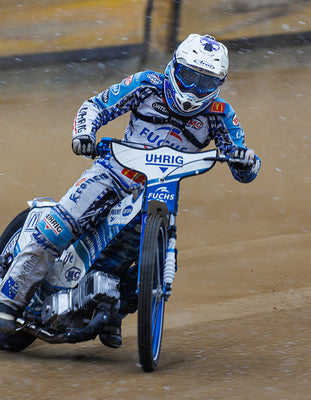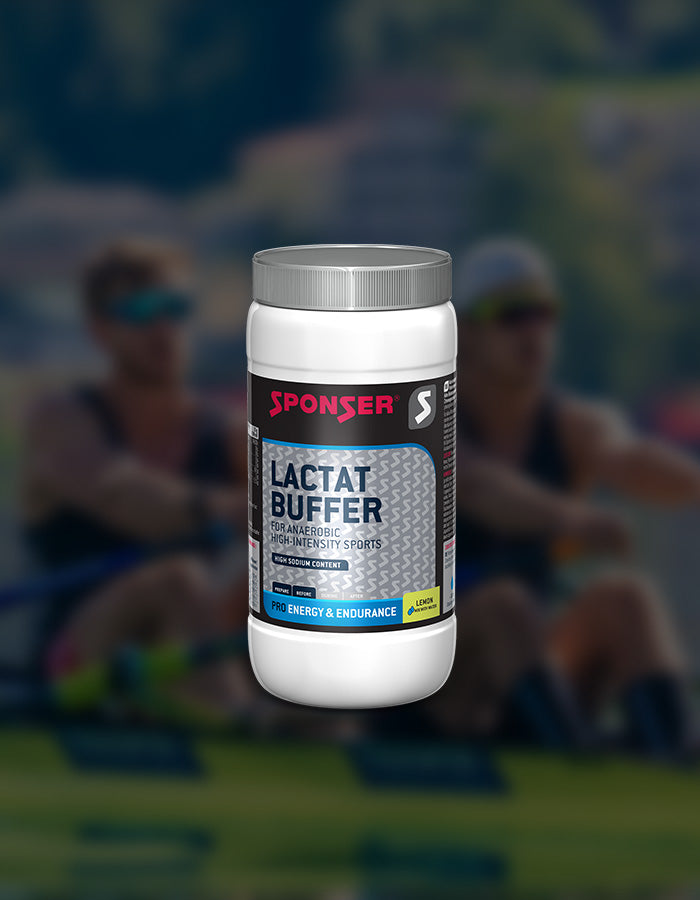
State of research: Sodium bicarbonate and athletic performance
The positive effects of sodium bicarbonate on athletic performance have been summarised by the International Society for Sports Nutrition in its latest «Position Stand Paper». Supplementation with sodium bicarbonate NaHCO3 - a sodium salt that is considered a so-called A-supplements* and is a central component of LACTAT BUFFER - is said to be effective as follows:
• Supplementation with NaHCO3 (in doses of 0.2 to 0.5 g/kg body weight) improves athletic performance in muscular endurance activities, high-intensity cycling, running, swimming and rowing, as well as in various martial arts.
• This is the case for both single and multiple loads in high-intensity sports lasting from 30 seconds to 12 minutes.
• For a single supplementation, 0.2 g/kg NaHCO3 seems to be the minimum dose to achieve an improvement in physical performance. The optimal dose is reported to be 0.3 g/kg. Higher doses do not provide additional benefits but increase the risk of gastrointestinal side effects.
• For a single dose, the recommended time to take NaHCO3 is between 60 and 180 minutes before competition.
• Supplementation over several days has been shown to improve athletic performance. NaHCO3 should be taken between 3 to 7 days before the desired event - in a total dose of 0.4 or 0.5 g per kg body weight per day, divided into smaller doses of 0.1 to 0.2 g/kg at breakfast, lunch and dinner. Multi-day doses reduce the risk of side effects on the day of the competition.
• The most common, but usually minor, side effects are of gastrointestinal nature, such as belching, flatulence and diarrhoea and abdominal pain. Possible strategies to reduce these are: Taking NaHCO3 in smaller doses (e.g. 0.2 g/kg or 0.3 g/kg), adjusting the timing of intake to individual preferences, or consuming NaHCO3 with a carbohydrate-rich meal.
• Combining NaHCO3 with creatine (e.g. CREATINE PYRUMAX) or beta-alanine (BETA ALANINE) may lead to additional effects on physical performance. In contrast, it is less clear whether the combination with caffeine or nitrate brings additional benefits.
* A-supplements: category of highest efficacy according to the Swiss Sports Nutrition Society.
Related articles
on » performance optimisation
on » creatine
on » science
goal » professional & competitive sports
Literature
Grgic, J. et al. (2021): International Society of Sports Nutrition position stand: sodium bicarbonate and exercise performance, in: J Int Soc Sports Nutr. 2021 Sep 9;18(1):61.
